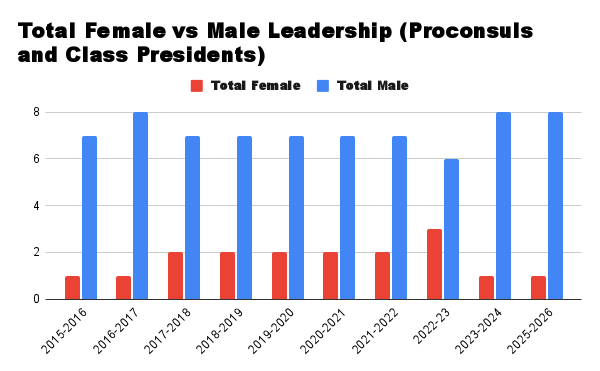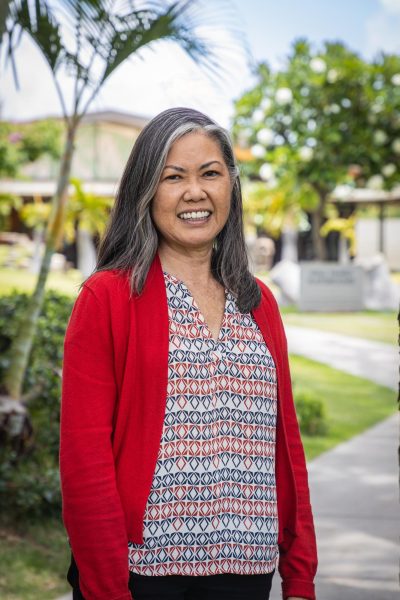New Drop in Tutoring Program for Japanese Students

Foreign languages require time, dedication and a flexible mindset in order to alter a student’s current way of thinking. With all of these hurdles, asking for help is useful and necessary to further their language learning. This year, the COVID-19 pandemic has threatened the normal practice of tutoring, but the language department has come up with a solution. Tomatani Sensei, a Japanese language teacher has opened a new tutoring venue modeled after the Spanish Department’s system. Rather than assigning a personalized tutor to students, Japanese-Honors students have the chance to sign up for a designated tutoring date, and those who need extra practice with their Japanese are aided by their peers.
So far, the tutoring program has met twice, and both times the results have been positive. Those who received tutoring have used words like “great experience” and “very helpful” to describe their experience, and have walked away knowing more than when they walked in. Whether the problem is homework or clarification, there are many tutors available to help students, each with their own special techniques, such as word association and pictures to remember kanji.
“It’s just as effective [as last year’s system] but students interested in being tutored are not required to go…it’s more convenient,” Yuzuki Fujimoto ’21 stated. As a tutor for Japanese levels three and above, Fujimoto believes that the new tutoring program holds many benefits over the previous system, including convenience, a more empathetic environment and one-on-one attention for tutees.
“The tutoring program is a two-way street,” Lexi Fujita ’23 said. “I get to review what I’ve learned, and it’s nice to help others.” Fujita is a first-year tutor for Japanese 1A and 1B students who admire Japanese culture and hopes to apply the Japanese she has learned at ‘Iolani by doing a homestay in Japan in the future. For her, the one-on-one time spent with the other students really makes a difference, as students can relate more to students their own age. This makes the tutoring experience a more relaxed environment, allowing tutees to learn more.
Sometimes it is difficult to ask for help, especially when you are in a competitive environment. There is a stigma against asking for help as students feel that they should keep their lack of understanding to themselves, or they risk ostracization from their other “more intelligent” classmates. Nothing could be further from the truth, as asking for help shows that you care about your studies and are making an effort to improve. There is no ground level that every student starts at, and different strengths and weaknesses do not categorize students into those who are intelligent and those who are not. Instead, this tutoring program gives students the opportunity to understand without judgment, surrounded by peers that are in the same situation as them.

Hi, my name is Skye! I joined Imua in 8th grade because it was the only available writing elective, and I stuck with it because I love the journalistic...










